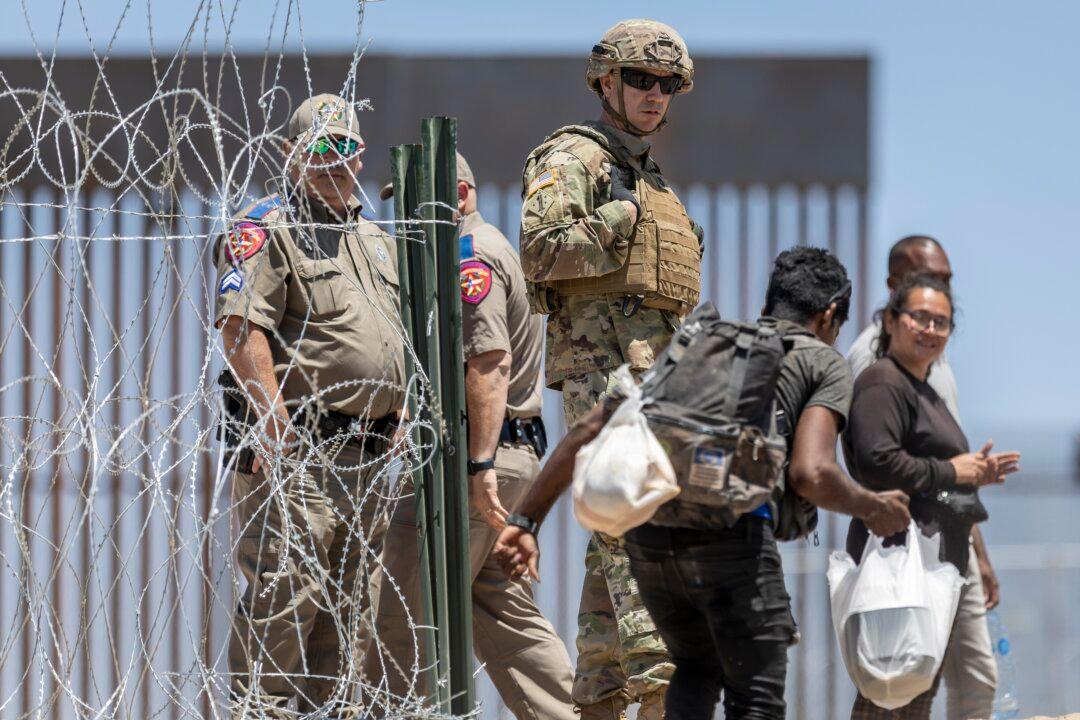Florida Gov. Ron DeSantis on Tuesday announced that the state will send drones, planes, law enforcement personnel, and other resources to help Texas defend the southern border amid the illegal immigration crisis.
DeSantis’s announcement comes in response to Texas Gov. Greg Abbott’s urgent request sent to fellow governors earlier on Tuesday to send reinforcements in the wake of President Joe Biden ending Title 42 last week.





